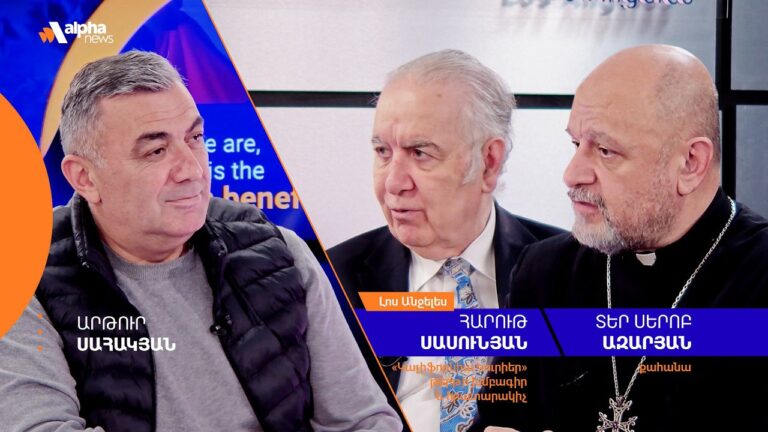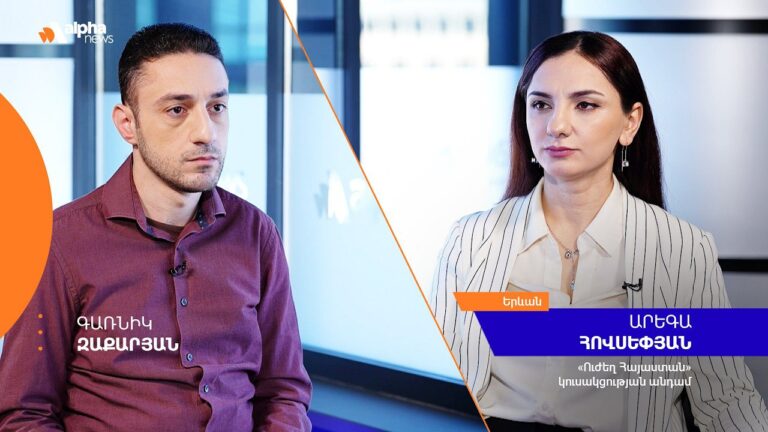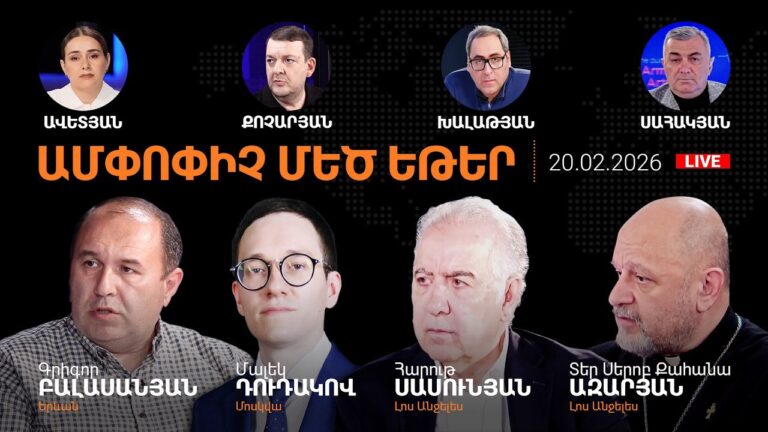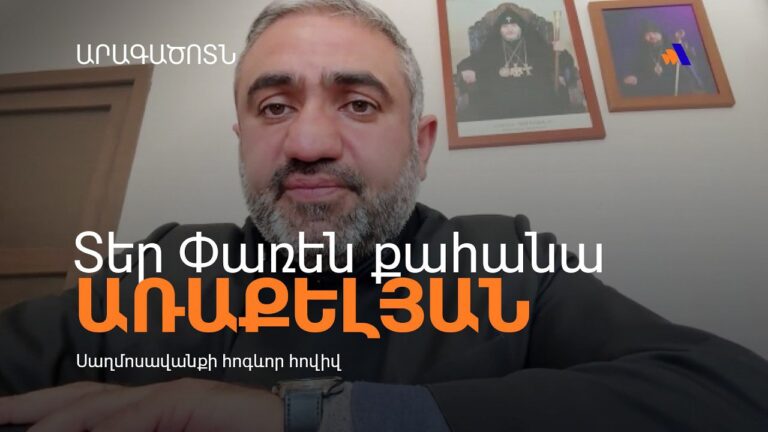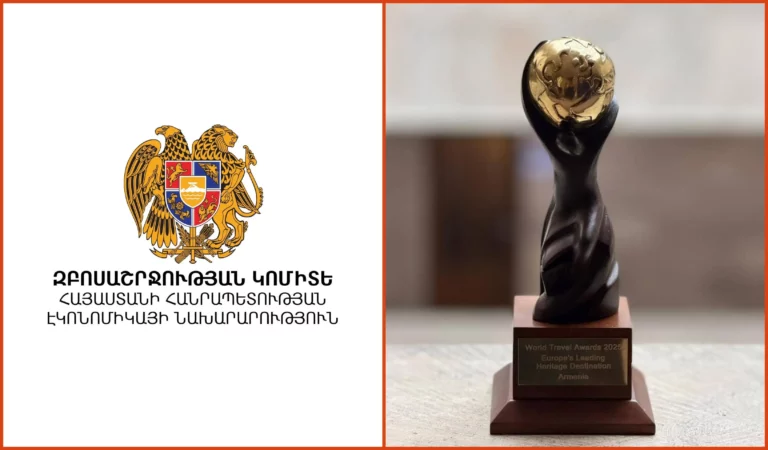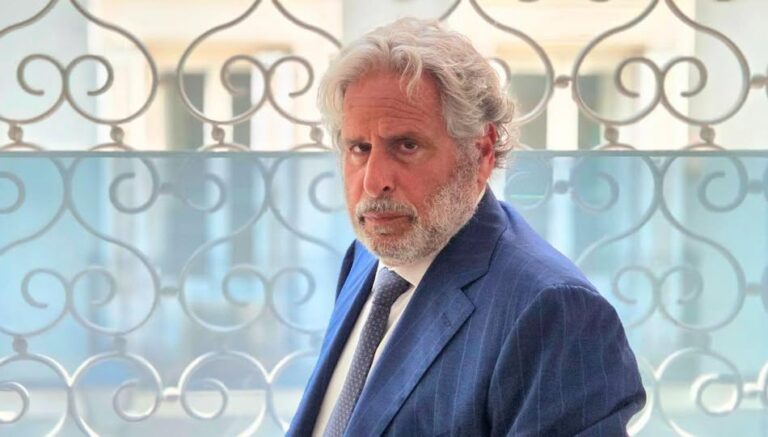‘Armenia, in this case, joins the majority’: expert on Armenia’s recognition of Palestine
June 25 2024, 12:05
Speaking with Alpha News, Vladimir Shapovalov, Associate Professor of the Department of Comparative Politics at the Moscow State Institute of International Relations (MGIMO), commented on Armenia’s recognition of the independence of Palestine.
“First of all, we need to emphasize that Palestine is recognized by many states, including former Soviet republics and Russia. In this case, Armenia joins the majority, which is normal and natural in this situation since there is a UN General Assembly resolution on the creation of two states, and the absence of a Palestinian state contradicts this resolution.
Of course, we must take into account that the entire Muslim community stands behind Palestine, including Turkey, which very actively empathizes with the Palestinian people. The fact that Armenia, which has very difficult relations with Turkey, nevertheless agrees to recognize Palestine, will lead to an improvement in Armenian-Turkish relations, although it is clear that it is not the issue of Palestine that is a key in these very complex relations. There are both historical dramas and modern difficult relationships,” Shapovalov said.
According to the expert, Armenia’s recognition of the independence of Palestine may appeal to a certain part of the Western community.
“As for the world as a whole, relations between Armenia and Russia will not change in this context. As for the West, this step by Armenia may appeal to a certain part of the Western community, but I do not think it will seriously affect the relations between Armenia and the West since they are based not on the factor of recognition or non-recognition of Palestine but on completely different challenges. For the West, it is important to strengthen positions in the Caucasus through integration and include the countries of the South Caucasus in the area of Western influence. In this regard, for the West, the issue of Palestine is not the most significant,” Shapovalov concluded.

